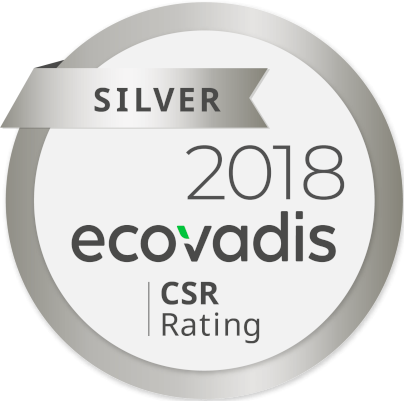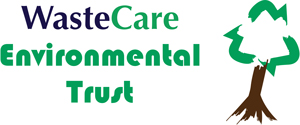As data for 2009 recycling and recovery rates start to emerge, it is clear that the rate for the recycling and recovery of separately collected business-to-business waste electrical and electronic equipment is going to be as low as the previous year.
Before the regulations were introduced, most non-householder end-users of WEEE already had systems in place for disposing of WEEE – invariably by recycling it. After the regulations were introduced all this was supposed to change. When WEEE arose the end-user was expected to identify the manufacturers (in any collection of accumulated WEEE this could be dozens of different manufacturers) contact them for the identity of the Producer Supplier Schemes (PCS)– this could be 10 to 20 PCSs, contact each PCS and persuade them to come in and sort through the pile of scrap to identify those pieces of WEEE they were responsible for and remove them. At the end of this process the hapless end-user would be left with ‘orphan’ and unidentifiable WEEE which he would have to arrange to be collected by his friendly local scrap merchant!
This was just NEVER going to happen! What has happened is what happened before. The problem is that by meddling in a sound commercial process the government has increased the costs and bureaucratic workload of thousands of producers. Producers of EEE have to register with a PCS and provide them with quarterly data on EEE sales – the PCSs process this data and submit it to the Environment Agency (not for free)! In addition to this cost, producers have to pay an Environment Agency fee for the privilege of selling EEE in the UK.
The really annoying thing about this is that none of it was necessary. The European Directive only contains (for the UK, easily-achievable) targets for household WEEE and none for B2B WEEE.
Many other EC Member States have chosen, quite rightly, to do nothing about B2B WEEE and do not include it in their legislation, but the UK, as usual, has chosen to gold-plate the regulations to the detriment of British business. The same thing is about to happen again with waste batteries.





